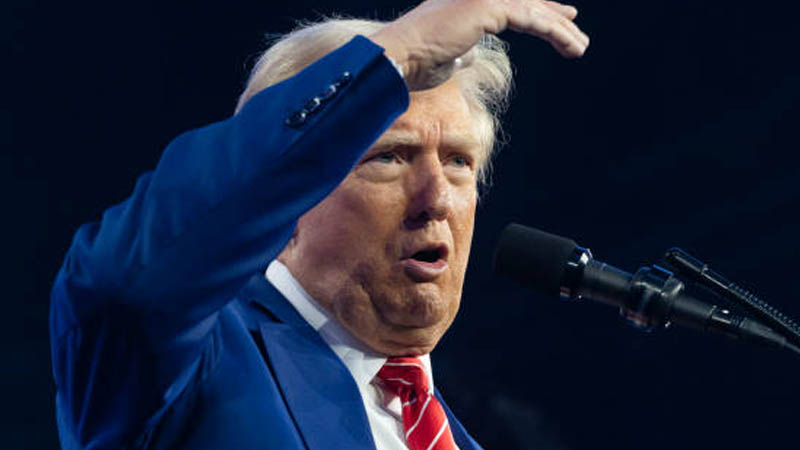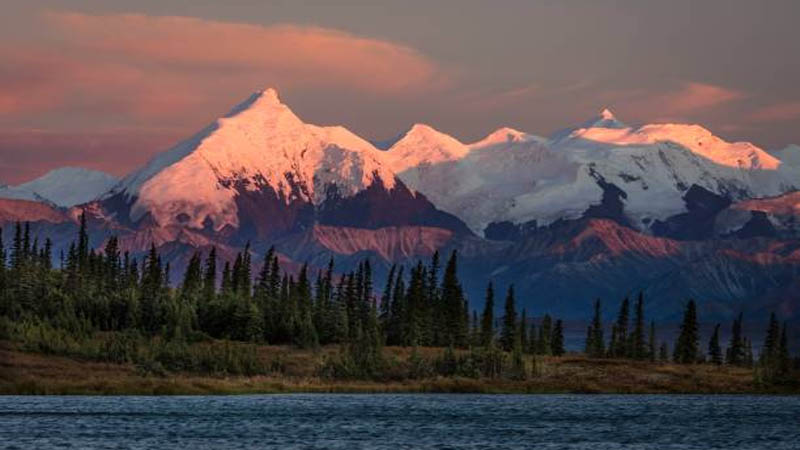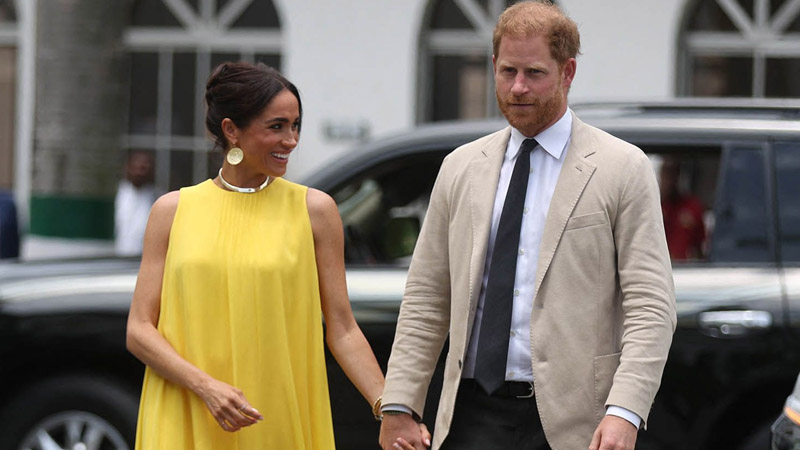Trump Sparks Outrage with Plan to Rename America’s Tallest Mountain

Donald Trump speaks during Turning Point USA’s AmericaFest at the Phoenix Convention Center (Photo by Rebecca Noble/Getty Images)
Donald Trump is under fire after announcing his support for renaming North America’s tallest mountain, Denali, back to its former name, Mount McKinley. The proposal, which the former president revealed at Turning Point USA’s AmericaFest in Phoenix, has reignited debate over the iconic peak’s name and its cultural significance.
“McKinley was a very good, maybe a great president,” Trump declared, emphasizing the 25th president’s accomplishments, such as raising funds for major projects like the Panama Canal. Trump added, “That’s one of the reasons we’re going to bring back the name of Mount McKinley — because I think he deserves it.”
The announcement, however, has been met with swift opposition, including from Republican Alaska Sen. Lisa Murkowski, who tweeted, “There is only one name worthy of North America’s tallest mountain: Denali – the Great One.” Fellow Alaskan senator Dan Sullivan also voiced support for retaining Denali, citing its significance to the Athabascan people who have referred to the mountain by that name for centuries.
The name McKinley dates back to 1896 when a gold prospector proposed it to honor then-presidential candidate William McKinley. The name became official 25 years later. However, in 1975, Alaskans initiated a campaign to restore the mountain’s native name, Denali, which was formally adopted in 2015 under the Obama administration.

The decision by President Barack Obama to rename the mountain was rooted in cultural respect and historical accuracy. The U.S. Department of the Interior stated at the time that McKinley had no significant connection to Alaska or the mountain, noting he had never even visited the state.
Trump’s push to reverse the decision appears partly motivated by his long-standing animosity toward Obama. Critics argue that revisiting the name change is an unnecessary act of “pettiness,” with some labeling it a distraction from more pressing national issues.
Many Alaskans support the name Denali, reflecting the state’s native heritage and the Athabascan culture. “Most Alaskans prefer the name that the very tough, very strong, very patriotic Athabascan people gave,” Senator Sullivan emphasized in a statement.
Still, some Americans argue for retaining Mount McKinley. Thomas Riggs, a member of the Alaskan Engineering Commission, once noted, “I don’t like the name Denali. It is not descriptive. Everybody in the United States knows of Mt. McKinley and the various efforts made to climb it.”
Online reactions have been mixed. While Trump’s supporters largely back his pledge, others see it as a misstep. One social media user commented, “Not a good move. This is pettiness in a sense. He should concentrate on really important things.” Another added, “Getting the name changed to Denali was a big deal for the locals, and anyone who has seen the mountain FEELS the mountain should never be named McKinley.”
Trump’s decision to revisit the mountain’s name comes alongside a broader push to undo Democratic rebranding efforts, including renaming Southern military bases previously named after Confederate figures. His focus on symbolic gestures rather than substantive policy has drawn criticism from both sides of the political spectrum.
While the debate over Denali’s name rages on, the mountain itself stands as a timeless symbol of natural grandeur and cultural significance. For many, its name, Denali, embodies the deep connection between the land and its native heritage — a legacy that far outweighs political disputes.


